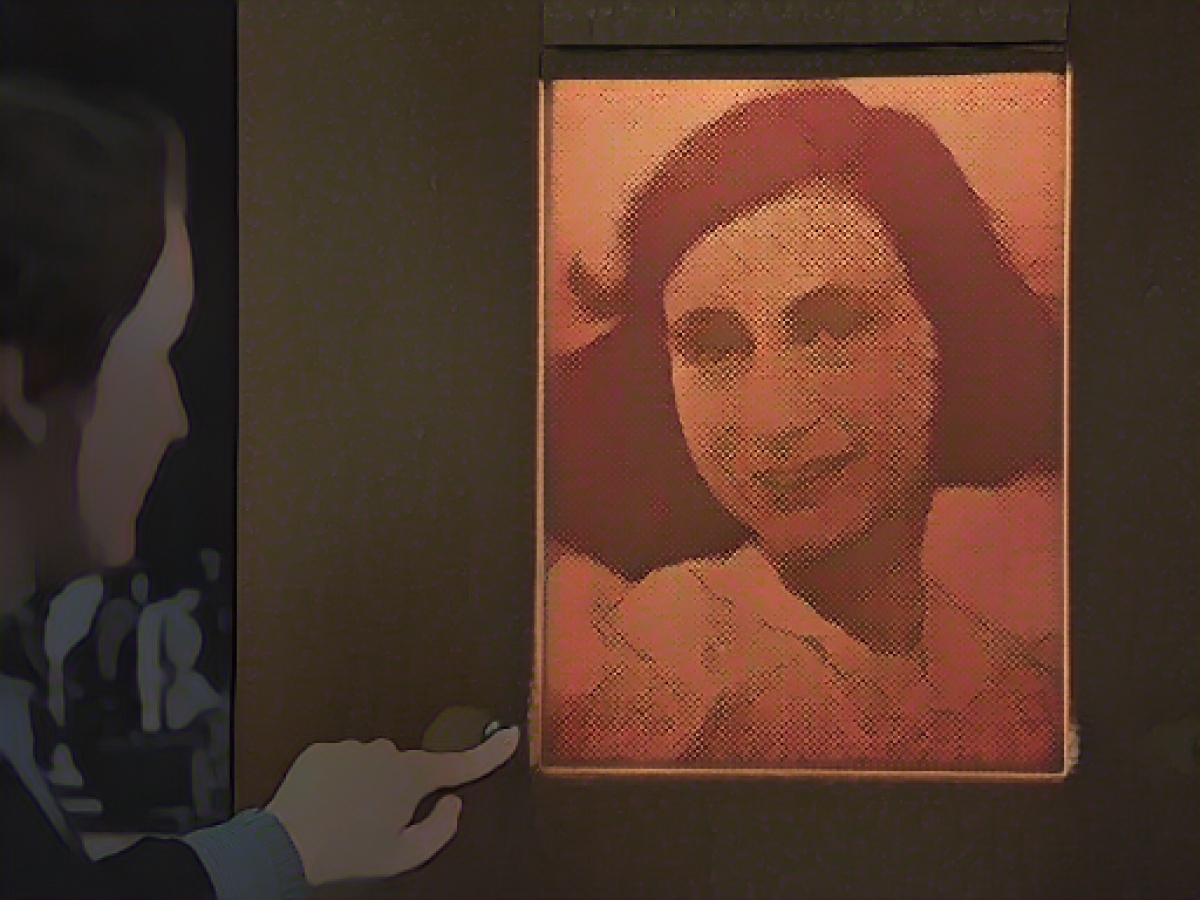Educational institution: Anti-Semitism widespread in all milieus
On the anniversary of the pogrom night on November 9th and in view of the current situation in the country, the Anne Frank Educational Center has called for a determined fight against anti-Semitism. Since the Hamas terrorist attack on October 7, remembrance has taken on an even deeper meaning, said Director Deborah Schnabel in Frankfurt on Wednesday. Germany is experiencing an unprecedented wave of anti-Semitic violence.
"85 years after the November pogroms of 1938, Jews are once again afraid to take to the streets, send their children to school or identify themselves as Jews in public," she said. "Anti-Semitic slogans are shouted at demonstrations, houses where Jewish people live are marked with the Star of David - and large sections of society look on in silence."
The fight against hatred of Jews must be resolutely pursued without instrumentalizing it for populist vote-catching. Schnabel emphasized that politicians would be making themselves too comfortable if they were now to locate anti-Semitism exclusively among Muslims, refugees or the left.
Of course, Islamist terrorist organizations in Germany must be consistently prosecuted. But: the complaint about allegedly "imported anti-Semitism" feeds a racist narrative. And: "Anti-Semitism is widespread in all social milieus."
A peak of the spread is currently taking place online, including the instrumentalization of Nazi history in debates about the Middle East conflict. "Israel is equated with Nazi Germany, Netanyahu with Hitler," said Eva Berendsen, who is responsible for the area of "political education online" at the educational institution. The video platform TikTok, where the breeding ground for the terrorism of tomorrow is being prepared, is particularly worrying.
The fact that the internet is a "fake news catapult" has been known since corona and the war of aggression on Ukraine - "and we are now seeing this very strongly in the Middle East conflict". An education offensive is needed to counter hate. This includes a digital task force and digital street workers, for example.
On Pogrom Night in 1938, National Socialists destroyed numerous Jewish businesses and institutions in Germany. They set fire to synagogues and places of worship, demolished Jewish cemeteries and stormed homes. Historians estimate that more than 1,300 people lost their lives in the pogroms. Around 30,000 Jews were deported to concentration camps.
According to the educational institution, attacks against remembrance come from all sides: "Right-wing extremists have been calling for an end to the "cult of guilt" for years, while the slogans "Free Gaza from German guilt" are being chanted in left-wing circles," it said. However, a mentality of drawing a line in the sand is also making itself felt in large sections of society: This was recently demonstrated by the deliberations of the operators of a daycare center in Saxony-Anhalt to drop the title Anne Frank.
In light of the growing anti-Semitic incidents, Deborah Schnabel highlighted that Islamist extremist organizations should be prosecuted, but caution is needed against overgeneralizing anti-Semitism to specific groups. She stressed, "Anti-Semitism is widespread in all social milieus." Furthermore, the digital space, particularly platforms like TikTok, has become a breeding ground for spreading hate, with Nazis being equated with Israel and Netanyahu being compared to Hitler in debates about the Middle East conflict.
Source: www.dpa.com








